Selection of eggs for the incubator
The eggs we will put in our incubator must be fertilized eggs, that is, rooster eggs. Unroasted eggs sold in the market are definitely not put into the incubator, and the chicks do not hatch. If you have your own chickens and there is no rooster in your coop, these eggs are infertile and no chicks will hatch.
So what is a fertile egg?
Eggs of chickens mated with a rooster from 12 days ago are fertile eggs. In order to obtain a quality egg, 5 healthy young roosters should be separated from the flock. The selected rooster must be younger than the chickens. It should be noted that the chicken to be selected should not exceed 1- 1.5 years of age. This type of animal that has not been fed contrary to the nature of the animal raised in the natural environment has the highest fertility quality.
Egg selection
Eggs that are too small or too pointed, such as guide eggs, should not be incubated. Healthy eggs that take all their rich vitamins from nature and feed should be selected. When we check the progeny, it is seen that the veins of some eggs are thick and some of them are thin and weak like a hair. The reason is that other chicken eggs are due to malnutrition and vitamin deficiencies. The weight of the egg should be suitable for the species, it should be neither too big nor too small.
Egg cleaning.
As you know, the most suitable conditions are provided for the reproduction of bacteria. For this reason, the eggs to be used in the machine must be clean. Think of the eggshell as our skin, it breathes but is covered with a protective layer. Washing and wiping will damage these eggs. That’s why the folloks need to be kept clean.
Storing the egg
Do not forget that in very hot (above 25 degrees) weather, egg development begins very quickly with chicken laying. Therefore, if we need to wait for eggs, we need to keep them in a low humidity place between 15-24 degrees with the pointed parts down. It dies before the fetus is formed in conditions below 15 degrees or leads to early hatching in places above 25 degrees. If our incubator works well and these conditions are met, on the 20th day, the first derby hits with its beak, and on the 21st day, all the eggs are hatched. The reason for early or late hatching should be found and the problem should be fixed. If suitable conditions are provided, eggs can be kept for up to 15 days and there is no problem. It will be enough to carefully turn the egg once a day.
Eggs that exceed 15 days will never hatch. The issue to be considered here is that the egg that is collected on the first day and kept for 15 days is different in the incubator temperature, humidity and turning time. Eggs kept for 15 days are started with a temperature of 38 degrees on the first day and 45% humidity. This is gradually increased and humidity 50-55 max. and hatching time is achieved by lowering the temperature and raising the humidity by 10 points. Eggs collected on the first day are started with 37.5 – 37.7 temperature and 45-50% humidity.




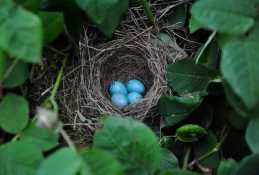
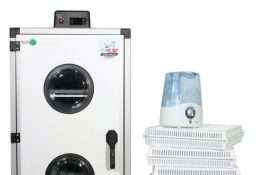
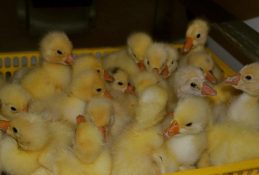
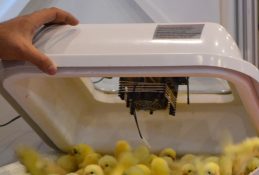
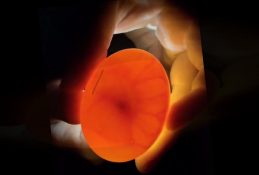
Comment